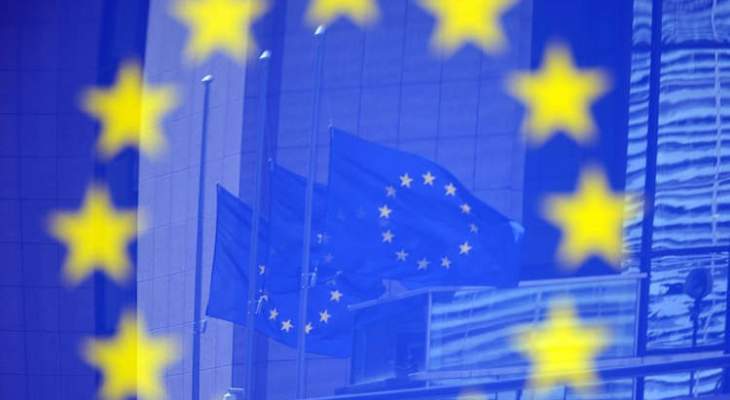The European Union took note of the preliminary results of the constitutional referendum held in Tunisia, calling on the authorities to “protect fundamental freedoms”, in a statement issued on behalf of the 27 members by European Union Foreign Minister Josep Borrell.
The union said the 25 July referendum recorded a “weak turnout”, highlighting the need for a “broad consensus” between political forces and civil society on “all the important political and economic reforms that Tunisia will undertake”, stressing “the legitimacy and sustainability of these reforms”.
The 27 countries have made it clear that parliamentary elections in December “will be the cornerstone for the country’s return to the normal functioning of institutions with full respect for democratic principles, especially the separation of powers and the strengthening of the rule of law and pluralism.” and respect for human rights and fundamental freedoms, freedom of speech and freedom of the press.” Freedom of demonstration and other fundamental freedoms are core values of democratic countries, and the European Union in particular supports them and must preserve them.”
Tunisian President Kais Syed has succeeded after strong support for a new constitution that gives him broad powers even as it jeopardizes Tunisia’s fledgling democracy, but the opposition says the low level of participation has undermined the legitimacy of the process.
Source: El Nashra
